A grain farmer called on Tuesday to recount a previous phone conversation. That was with a representative of Boortmalt, to fill out a questionaire on the farm’s carbon footprint.
Boortmalt, based in Belgium, is the second biggest maltster in the world. Its Irish operation is essentially the business it bought from Greencore, centred around the maltings in Athy, Co Kildare. Diageo is Boortmalt Ireland’s biggest customer. It’s reasonable to assume this questionnaire is in turn part of the sustainability drive launched with some fanfare by Diageo earlier this week.
The brands will also work in collaboration with farmers and those in its value chain to halve their indirect carbon emissions by 2030
Society 2030: Spirit of Progress is Diageo’sambitious project, with 25 goals listed. One of these states: “The brands will also work in collaboration with farmers and those in its value chain to halve their indirect carbon emissions by 2030.”
This is how sustainability comes to the farm. It comes from the consumer, through Diageo, to Boortmalt and on to Bertie Barleygrower. Quite a few links, probably too many for the farmer to expect any dividend from the consumer for exemplary performance.
Growers who had supplied through small grain independent merchants were jettisoned
It used to be a simpler relationship. Until the late 1990s, malting barley contracts were directly between Guinness and growers. When Diageo, a merger between Guinness and Grand Metropolitan was formed, barley procurement was outsourced utterly to what was then then-Greencore grain, now Boortmalt. Growers who had supplied through small grain independent merchants were jettisoned.
Since then, Diageo’s dialogue with farmers is back-to-back through Boortmalt, rather like a separated couple talking through their lawyers. Farmers don’t like it, but I’d say Diageo is happy out.
There could be a further link in the supply chain. Boortmalt last year offered a large contract for malting barley assembly to at least one merchant. There is a suspicion among some growers that Boortmalt would rather contract out grain purchase entirely to independent merchants. The fact that it has closed many of its own grain intakes and now rents yards is a possible step in that direction. This corporate structure pushes farmers further from their ultimate customer. With distance comes a loss of leverage.
The farm is sustainable in the environmental sense
The farmer I talked to practises min-till, grows cover crops, and reckons he is already carbon neutral or close to it. The farm is sustainable in the environmental sense. However, the malting barley price is give or take the same as when Guinness took itself away from the reach of farmers. A pint of Guinness was less than €2. So how economically sustainable can grain farming be with this evolved model?



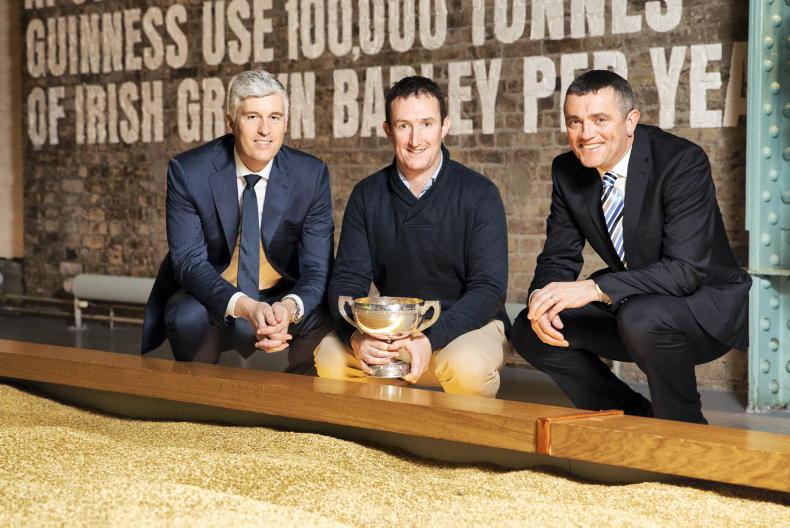
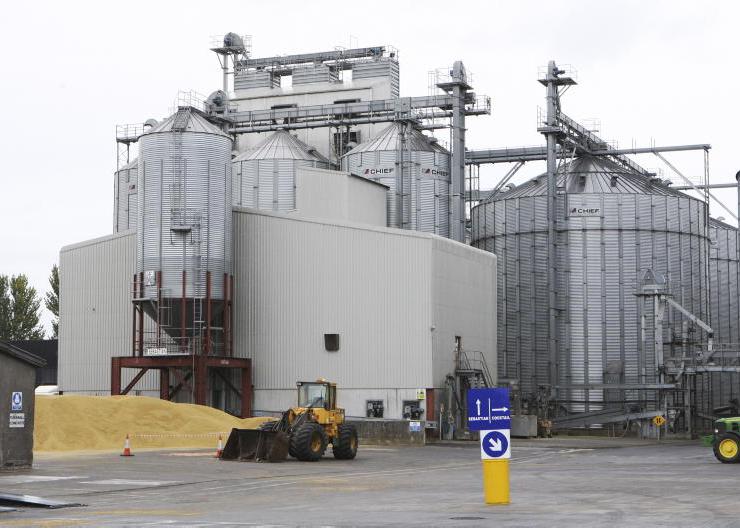

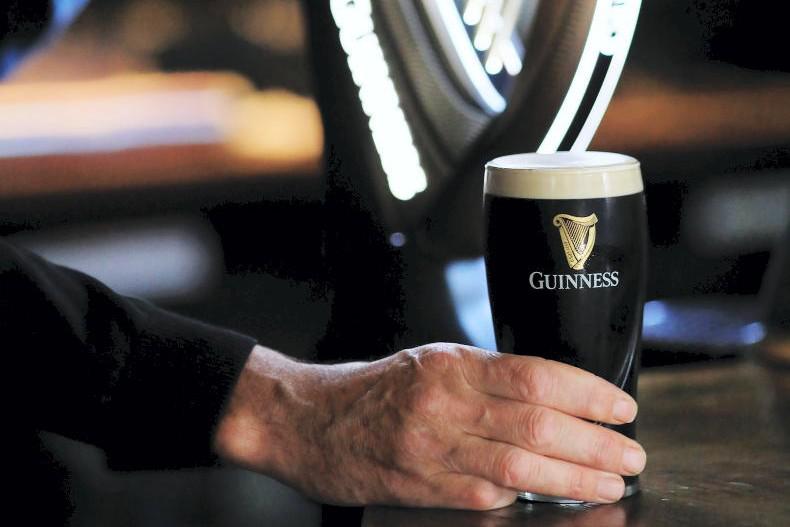
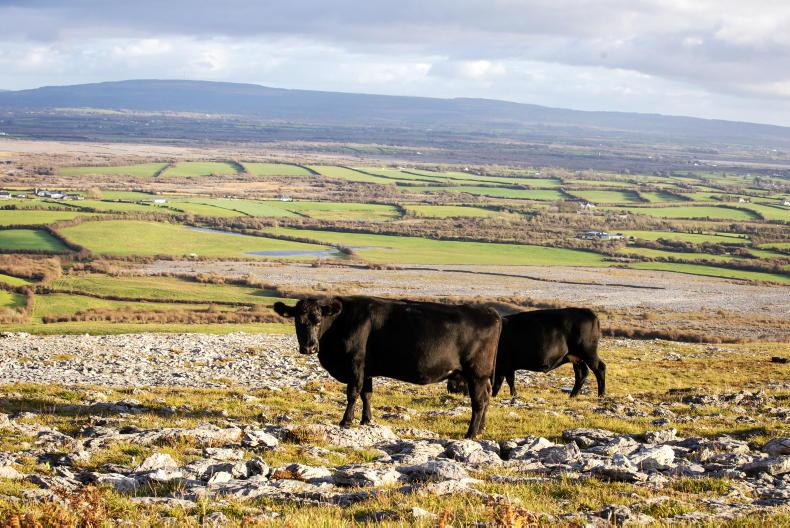
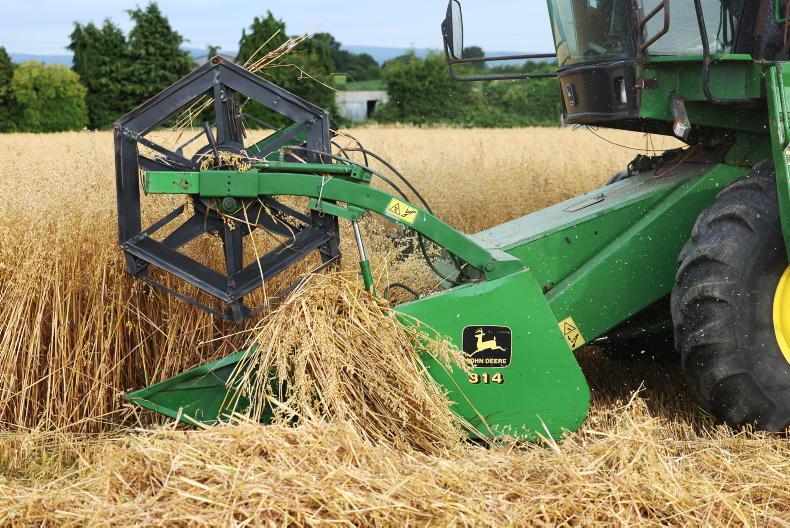
SHARING OPTIONS